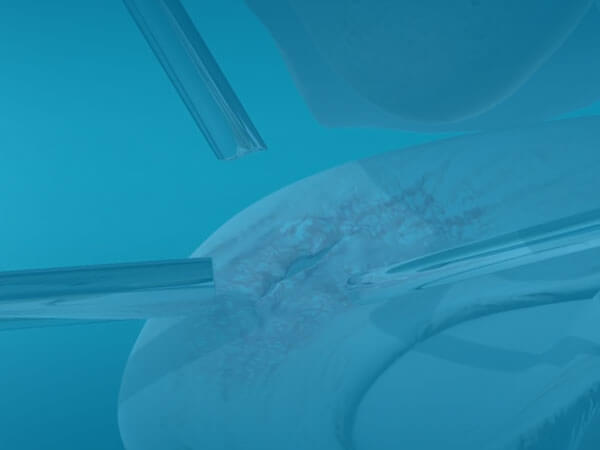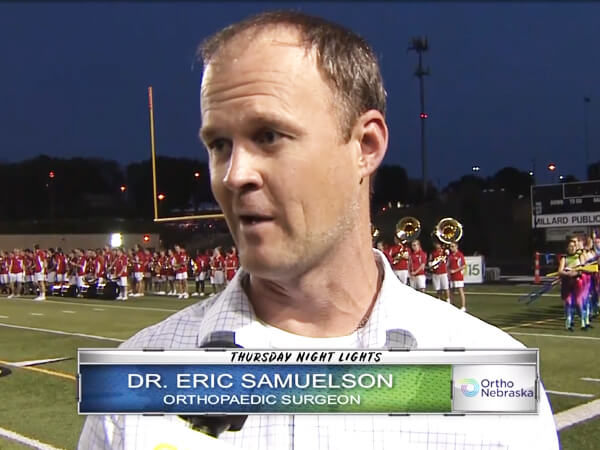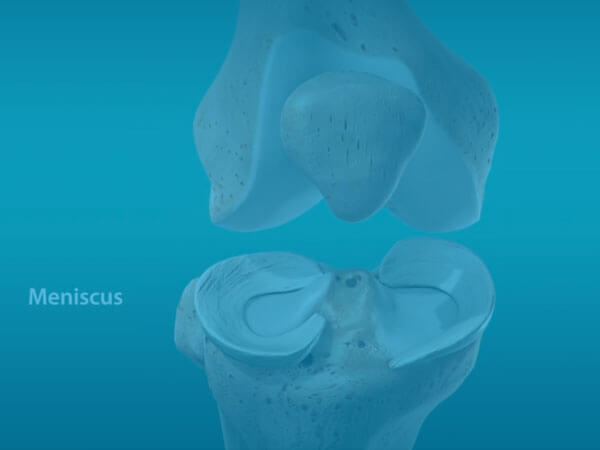What is a Knee Scope?
The surgeon uses small incisions and a thin fiber-optic camera (called minimally-invasive technique) to view the problem area in the knee joint on a screen during surgery. From there, they can use any number of tools and techniques to address the problem.
Who should have a Knee Scope?
A knee scope may be recommended by your surgeon if conservative treatments like rest, physical therapy, or medications are not as effective as you’d like. Knee scopes are often used to treat the pain caused by knee arthritis, inflammation, scar tissue, fractures, loose cartilage and more.
Does a Knee Scope work?
Your outcome and recovery will be dependent on the type of damage in your knee. Sometimes, damage can be so severe that it cannot be completed reversed, but your surgeon should indicate their expectations to you. Many people return to full, unrestricted activities after arthroscopy.
What can I expect when I have a Knee Scope?
You may need a pre-surgical physical to make any necessary accommodations based on your health history. When you arrive at the hospital, you’ll speak to your surgeon and anesthesiologist. You are likely to put to sleep (general anesthesia) and be placed face up for the operation.
A physical therapist will help show you how best to get around after your surgery. You are very unlikely to be kept overnight, and you will need to have someone drive you home. You are likely to need some form of pain control for a week or so.
Unless your scope is for a ligament repair, you should feel mostly recovered in 6-8 weeks. Your physical therapist will report your progress to your surgeon to advise when certain activities should resume.
Most people can return to office work in about a week. More intense work will depend on your occupation and the specifics of the damage and surgery.
















